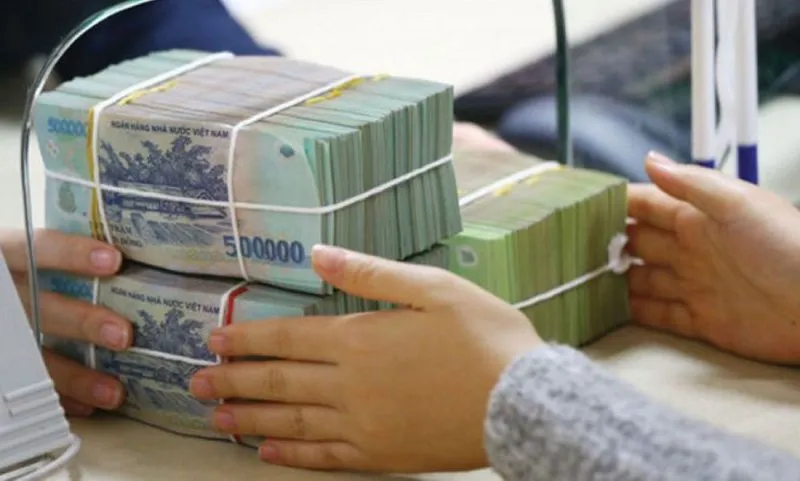Vietnam state budget revenue fall 9% in Jan-May on Covid-19
So far, total amount of deferrals of tax payment and land rental fees under the government’s support programs stood at VND37 trillion (US$1.58 billion) as of May.
In the first five months of 2020, Vietnam’s state budget revenue decreased 9.2% year-on-year to VND577 trillion (US$24.69 billion), or 38.2% of the year's estimate, according to the Ministry of Finance (MoF).
| Vietnam state budget revenue declines nearly 10% in Jan-May. |
Upon breaking down, domestic revenue declined by 5.9%, revenue from import-export tariffs down 23.4% and that from crude oil down 17.8%.
Among economic groups, budget revenue collection from the state sector dropped 15%, followed by foreign invested firms (-2.6%) and the non-state sector (-16.1%).
Revenues of most of tax revenues declined in May, including value-added tax with a plunge of nearly 49% year-on-year, followed by excise tax (-38%), and corporate tax (-40.3%).
In May, the index of industrial production increased 11.2% month-on-month, but declined 3.1% year-on-year, resulting in a 1% year-on-year increase in the five month period, significantly lower compared to an expansion of 9.5% in the same period last year.
Meanwhile, Vietnam’s exports and imports in the January – May period also fell 1.7% and 3.8% year-on-year, respectively.
In addition to the impacts of Covid-19 pandemic, the implementation of the government’s relief packages, including delay in tax payment and land rental fees, have also contributed to a decline in state budget revenue, said the MoF.
So far, the total of deferrals of tax payment and land rental fees reached VND37 trillion (US$1.58 billion) as of May.
In the five-month period, state budget expenditures totaled VND603.4 trillion (US$25.84 billion), or 34.5% of the year's estimate, of which, capital expenditure was equivalent to 26% of the estimate, higher than the disbursed amount of the same period last year, but was lower than expected.
In the year to May 25, the MoF issued nearly VND58.82 trillion (US$2.51 billion) worth of government bonds.
At a government meeting in early April, Minister of Finance Dinh Tien Dung said in case the pandemic ends within this quarter, the country's GDP growth would come in at 5.3% and if oil prices average at US$35 per barrel, the state budget may lose VND140 – 150 trillion (US$6 – 6.43 billion). The losses would be bigger if GDP grows by less than 5%.
The Ministry of Finance estimated fiscal deficit could increase to 5–5.1% of GDP, significantly higher than the target of 3.4% (excluding debt principal repayments) set in December 2019.













